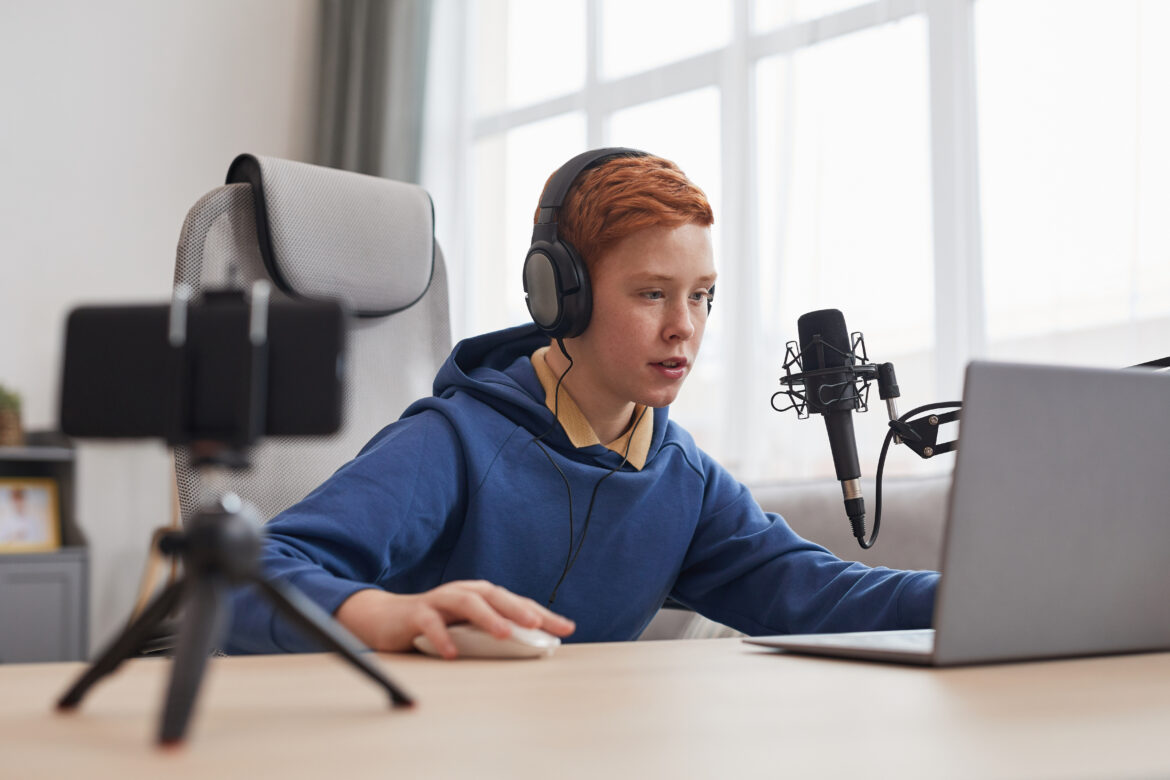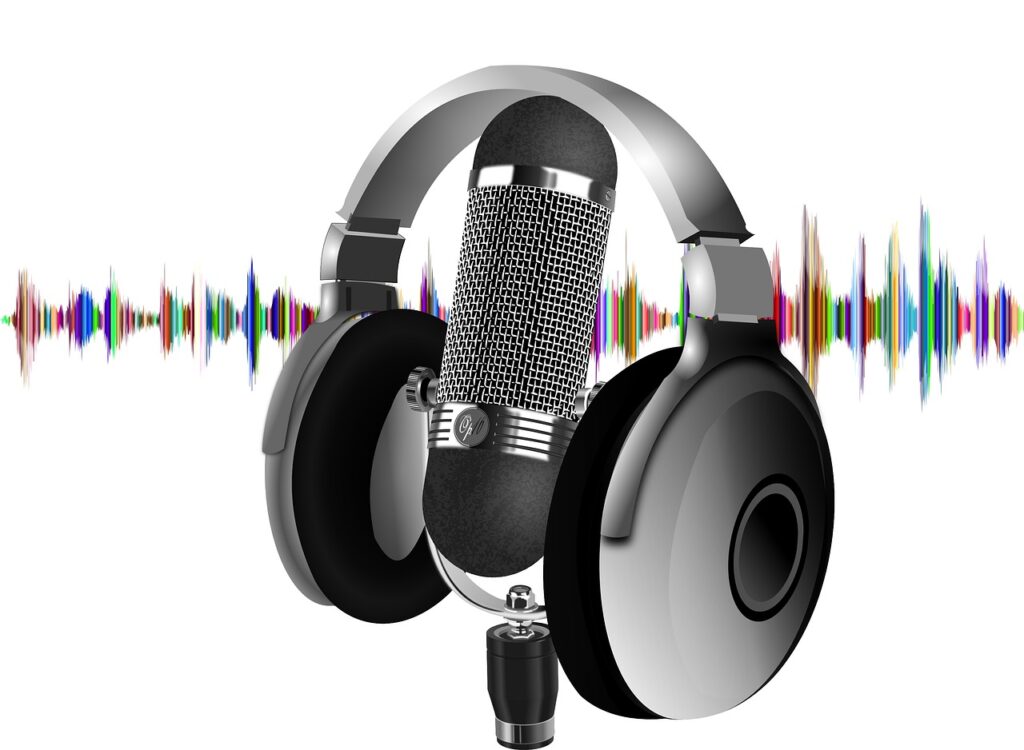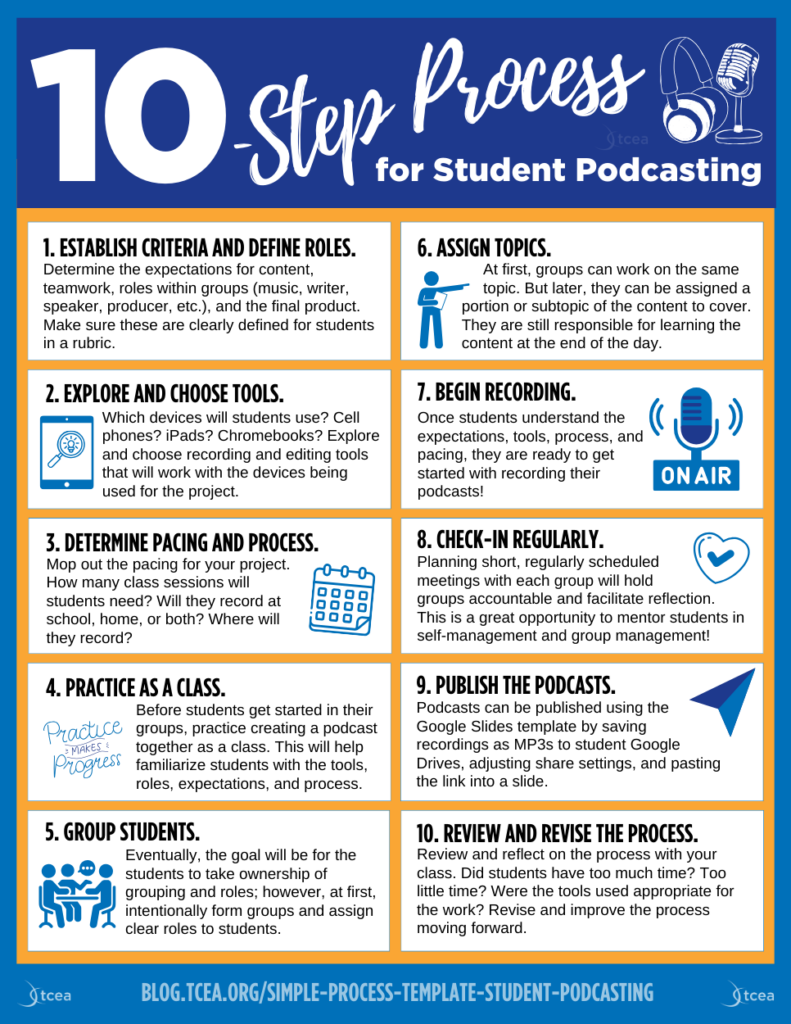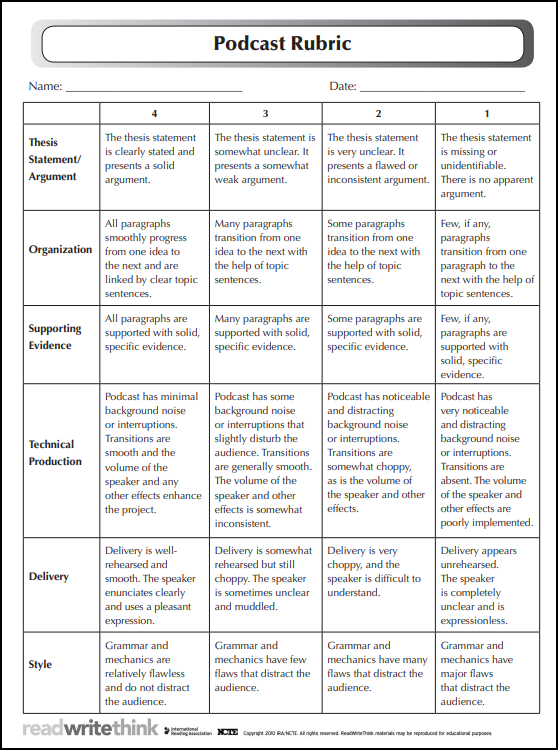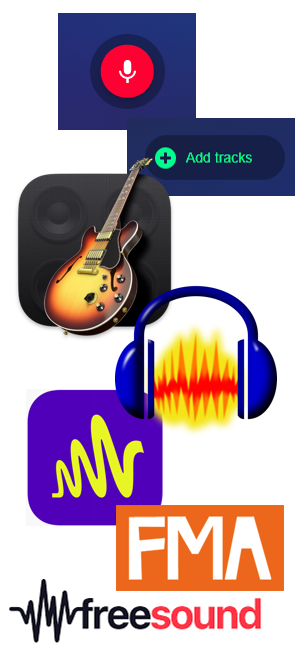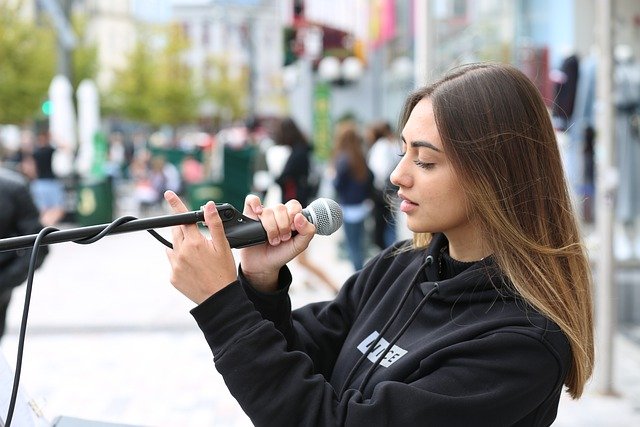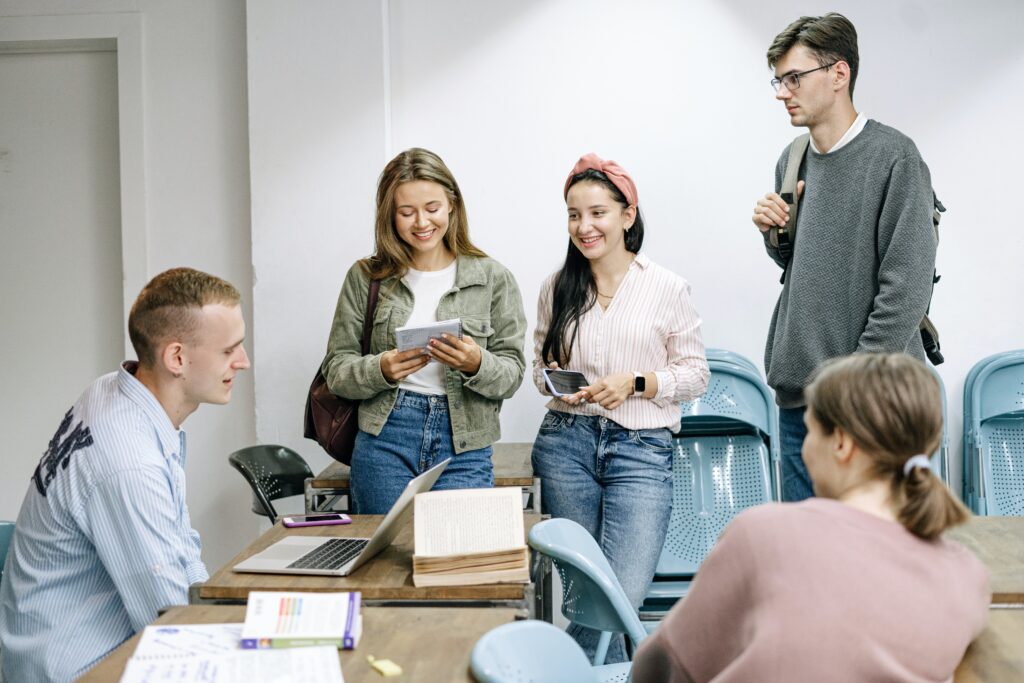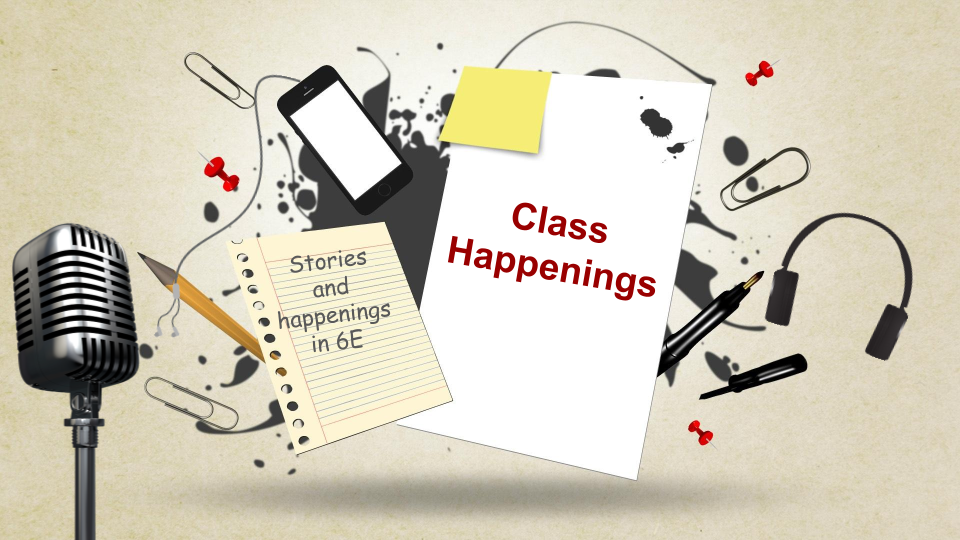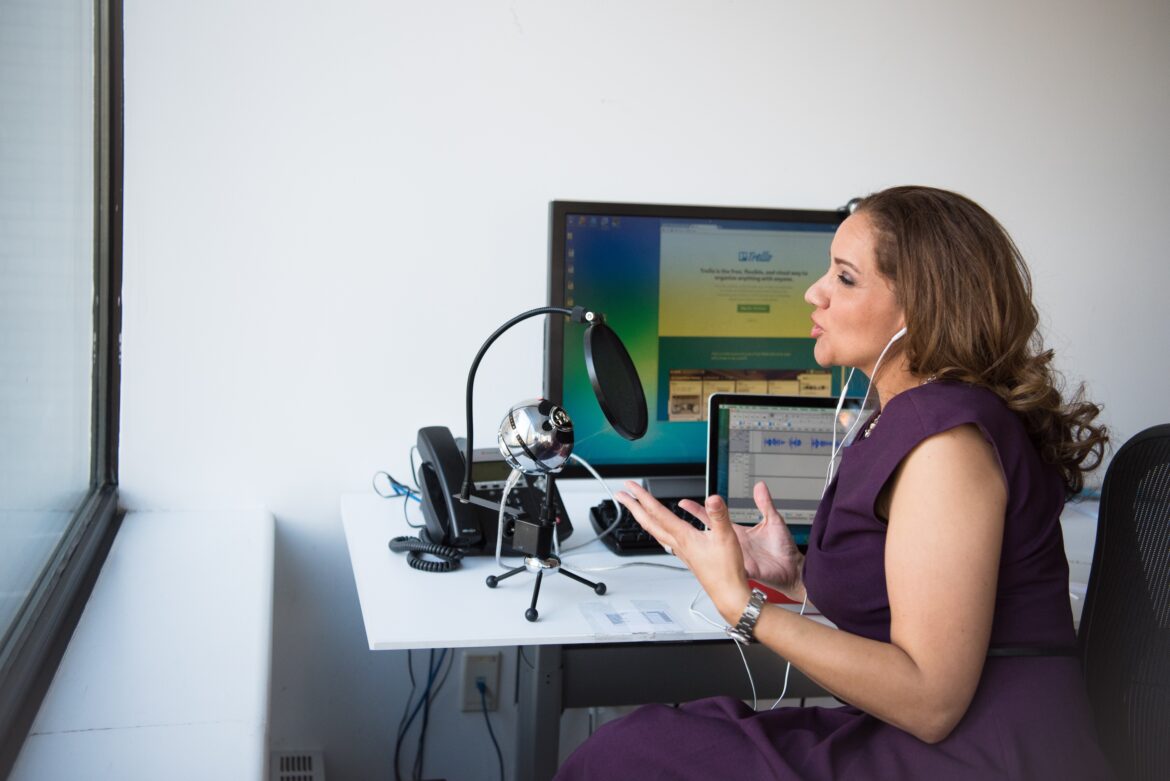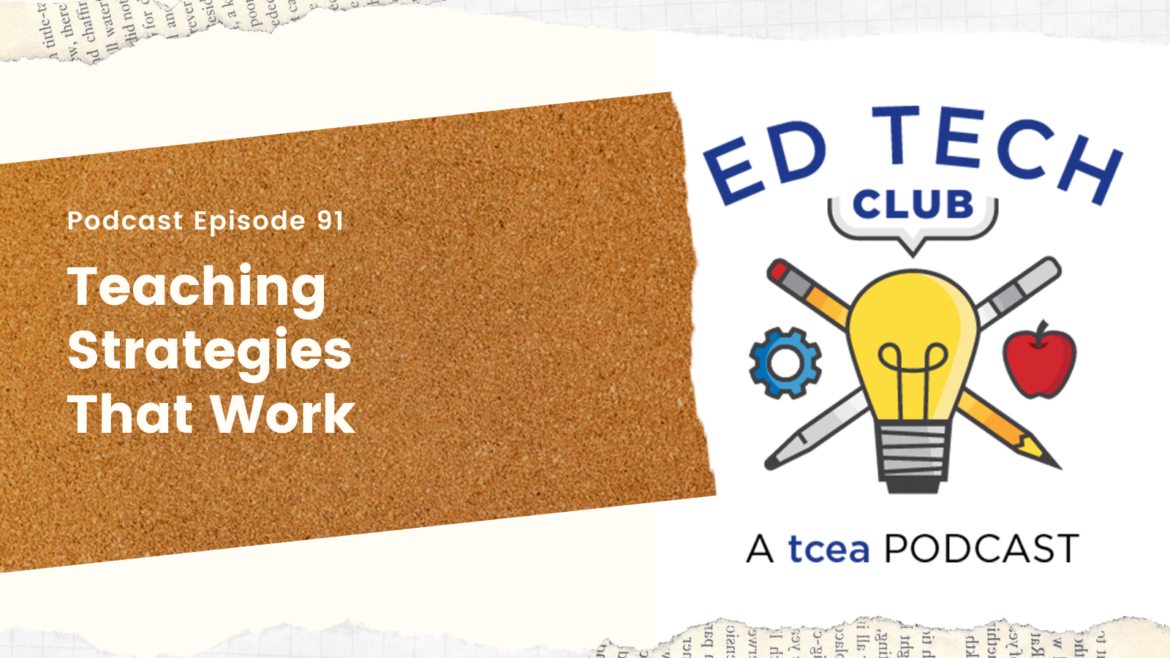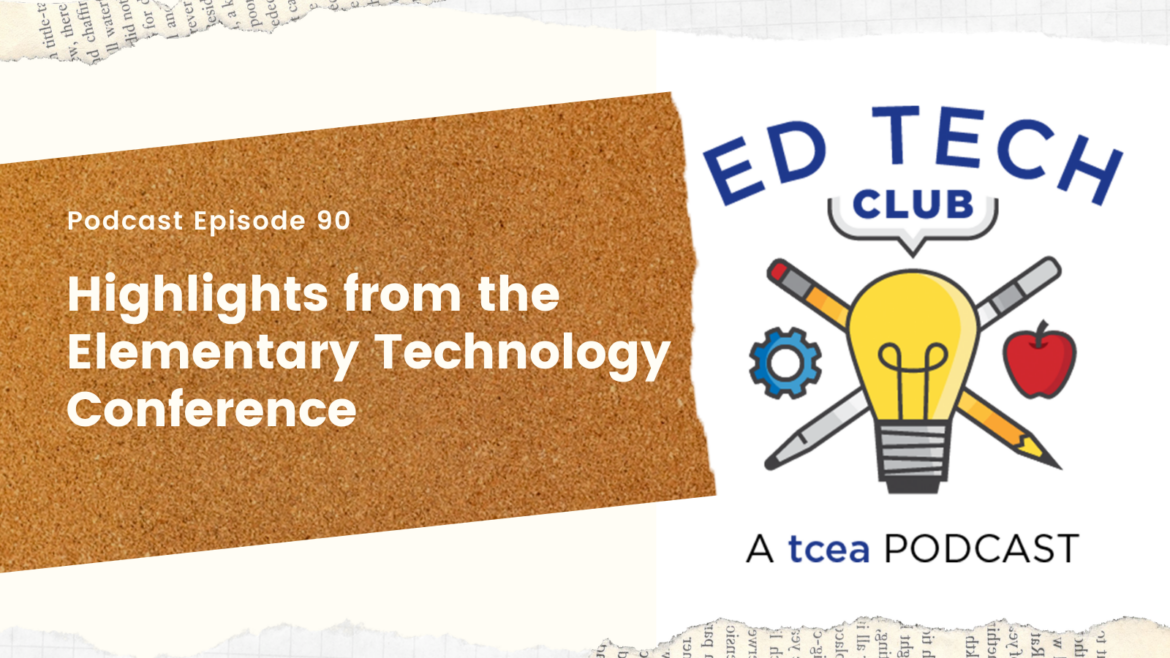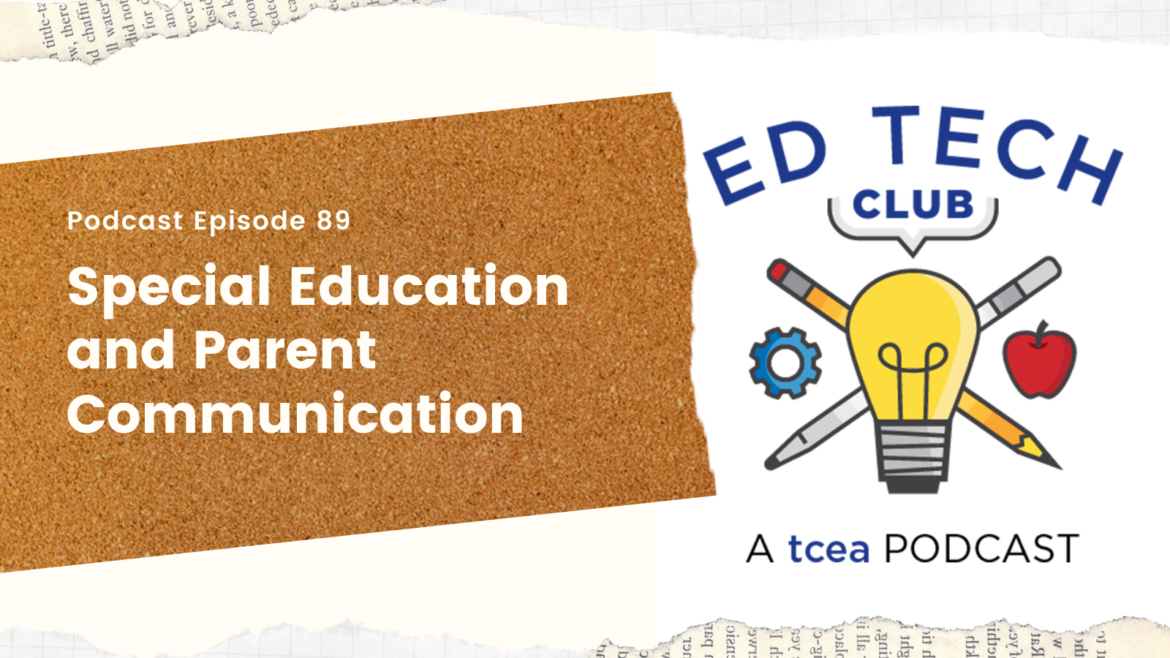Explore podcasts on education and technology. Discover insights, tips, and strategies to enhance teaching, learning, and professional growth.
Walk into a classroom where students aren’t just absorbing information—they’re producing it. Instead of silent rows of desks, you hear collaboration, laughter, and the rhythmic click of recording buttons. Students are brainstorming intros, scripting interviews, and editing their latest episodes. This isn’t a professional recording studio—it’s a classroom transformed into a creator studio through the power of podcasting for students.
Podcasting gives students something school often struggles to provide: an authentic audience. When students know their work will be heard by others, their motivation skyrockets. They plan more carefully, speak more clearly, and think more deeply. It’s project-based learning that amplifies student voice—literally.
Why Podcasting Works in the Classroom
Podcasting taps into a powerful mix of creativity, communication, and critical thinking. Students move beyond consuming content to creating it. They learn to research, plan, script, record, and revise—all skills that strengthen academic writing and digital literacy.
Unlike traditional assignments, podcasting meets students where they are. The process supports a range of learners: those who struggle with written expression often find confidence in speaking, while students who love writing thrive in script creation and storytelling. Podcasting encourages collaboration as students assign roles—host, editor, researcher—and rely on one another’s strengths.
It also naturally integrates digital citizenship. As students choose background music, use sound effects, and share their episodes, they learn about copyright, fair use, and responsible publishing. In short, podcasting is more than a tech project—it’s a real-world communication experience.
Getting Started: From Idea to Episode
You don’t need fancy microphones or soundproof studios to start. A few laptops, headsets, and free tools can turn any classroom into a creative hub. Here’s a step-by-step guide to launching your own podcasting project:
1. Define the Purpose
Start by choosing a theme or purpose that connects to your content area.
- In ELA, students might create book review podcasts or character interviews.
- In science, they could produce “Lab Report Live” episodes summarizing experiments.
- In social studies, students might host historical figure roundtables or current events discussions.
Keeping the focus academic gives structure while allowing creative freedom.
- In math, students can record “Math Talk” episodes where they explain problem-solving strategies, interview classmates about real-world applications of concepts, or share quick “Math Minute” tips reviewing key skills like slope, proportions, or geometric reasoning.
2. Plan and Script
Once students have a topic, guide them through planning. Have them outline episode segments, brainstorm questions, and create a short script or talking points. Encourage teamwork—each student can take on a role such as host, co-host, researcher, or audio editor.
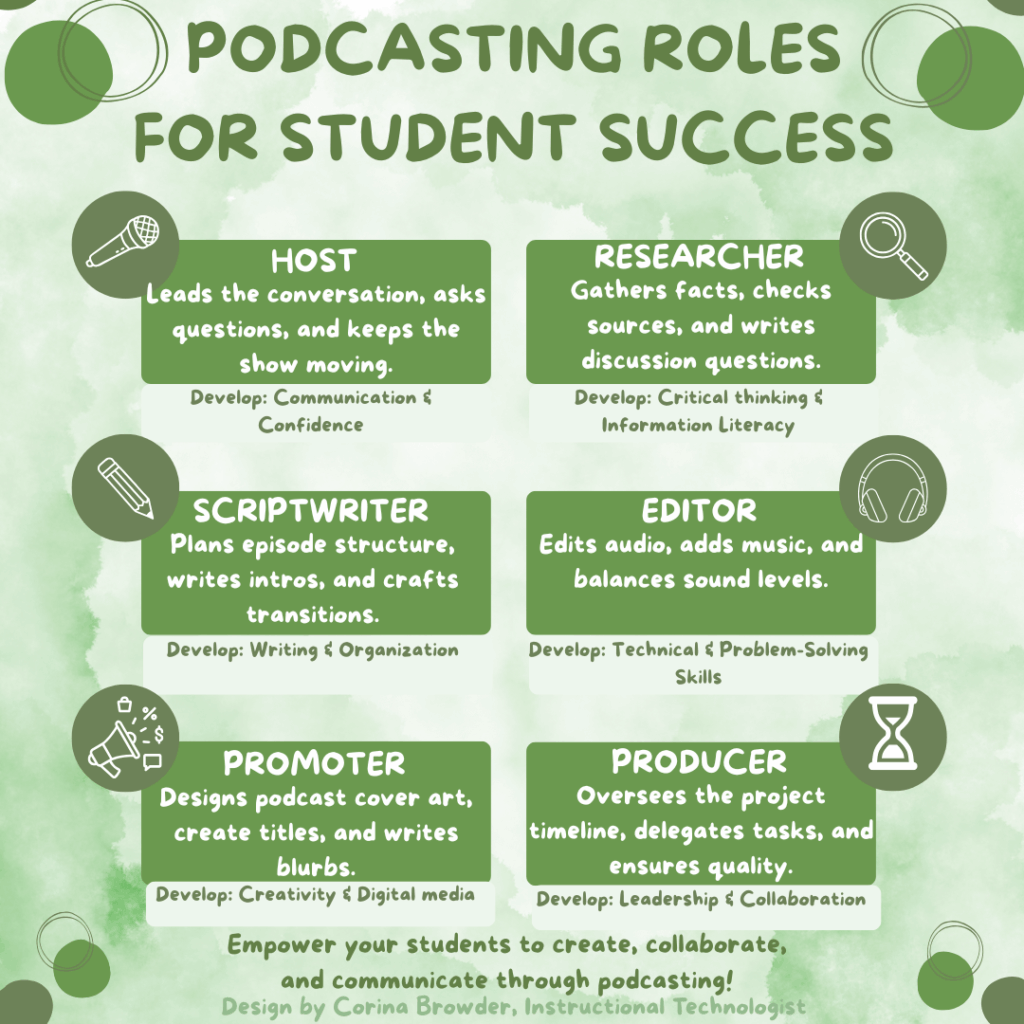
To support structure, provide templates in Google Docs or Slides for storyboarding. These help students organize their ideas and ensure the episode flows logically.
3. Record and Edit
Recording can be as simple as using a Chromebook microphone or a phone with earbuds. Free software like Audacity or GarageBand makes editing easy, while Soundtrap for Education allows for collaborative editing in the cloud.
Students can trim mistakes, add intro music, and adjust volume levels. This stage fosters persistence and attention to detail—a hallmark of real-world digital production.
4. Publish and Share
How and where students share depends on your district’s guidelines. Some teachers upload final episodes to Google Drive, Google Classroom, or a private Padlet board. Others use podcasting platforms like Spotify for Podcasters (formerly Anchor) or Podbean, which offer free hosting and easy sharing options.
The key is audience. Whether it’s parents, peers, or the community, knowing others will listen adds authenticity to the learning experience.
5. Reflect and Assess
Wrap up with reflection. Ask students to evaluate their teamwork, communication, and problem-solving. Use rubrics focused on creativity, content accuracy, collaboration, and production quality. Reflection turns a fun project into a meaningful learning experience.
Tools and Resources for Classroom Podcasting
You don’t have to reinvent the wheel. Here are some educator-friendly tools to simplify the process:
- 🎙️ Recording & Editing: Audacity (free), GarageBand (Mac/iPad), Soundtrap for Education (freemium, collaborative)
- 🌐 Publishing & Sharing: Spotify for Podcasters, Podbean, or private class links in Google Drive
- 🧠 Planning Templates: Canva for podcast covers and episode outlines, Google Docs for scripts and notes
- 🎶 Free Music & Effects: Freesound.org, YouTube Audio Library, and Bensound
Want to go deeper? Try student-friendly extensions like Mote for voice comments, or Flip to record short audio reflections. These tools scaffold the skills students will use in full podcast projects later on.
A Classroom Example: “Voices of Change”
In one middle school social studies class, students created a series called “Voices of Change.” Each group researched a historical movement and produced an episode highlighting key figures and their impact. Students interviewed teachers, added primary source audio, and even created custom theme songs.
What began as a history project became something more—a platform for student voice. The pride they felt hearing their final episodes shared during morning announcements was unmatched by any written report. One student remarked, “It’s the first time I’ve ever wanted my classmates to hear my schoolwork.”
Empowering Student Voices
Podcasting transforms classrooms into creator studios. It’s not just about recording voices—it’s about amplifying them. When students become creators, they gain ownership of their learning, confidence in communication, and awareness of their digital presence.
You don’t need to be an audio engineer or media expert to start. All it takes is curiosity, creativity, and a willingness to hand the microphone to your students. The results might surprise you—because when we give students a voice, we give them the power to inspire others far beyond the classroom walls.

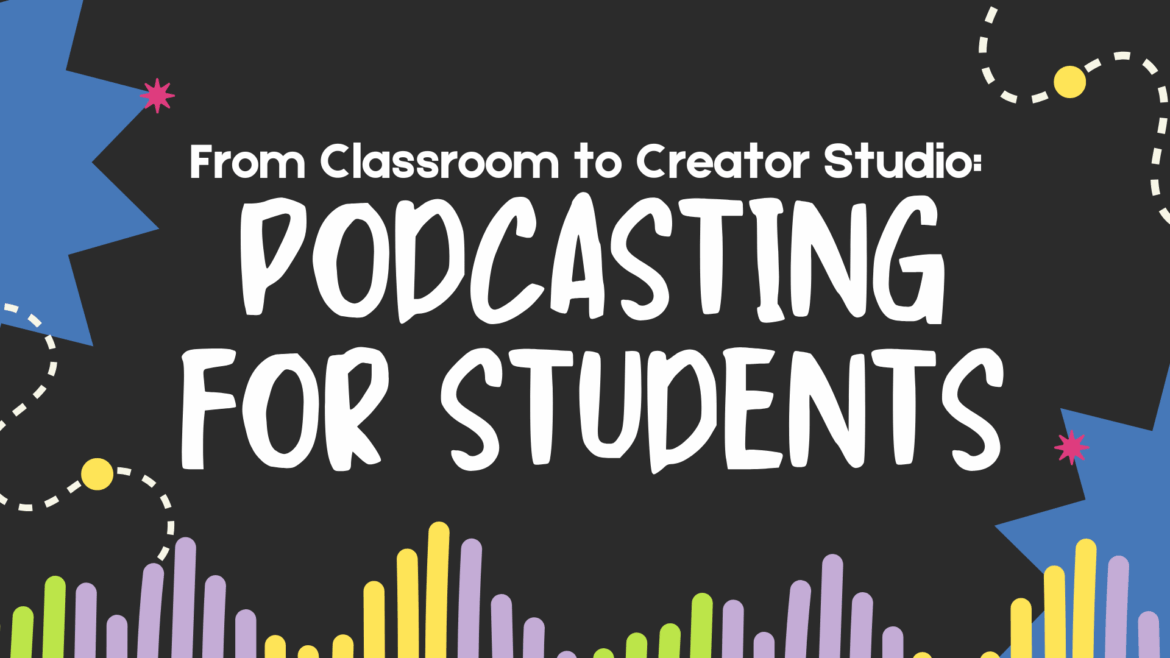





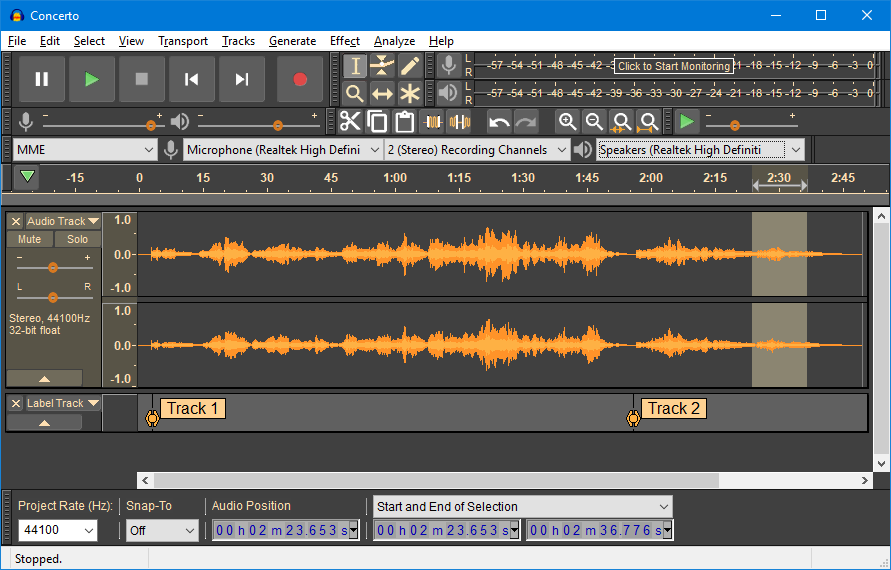
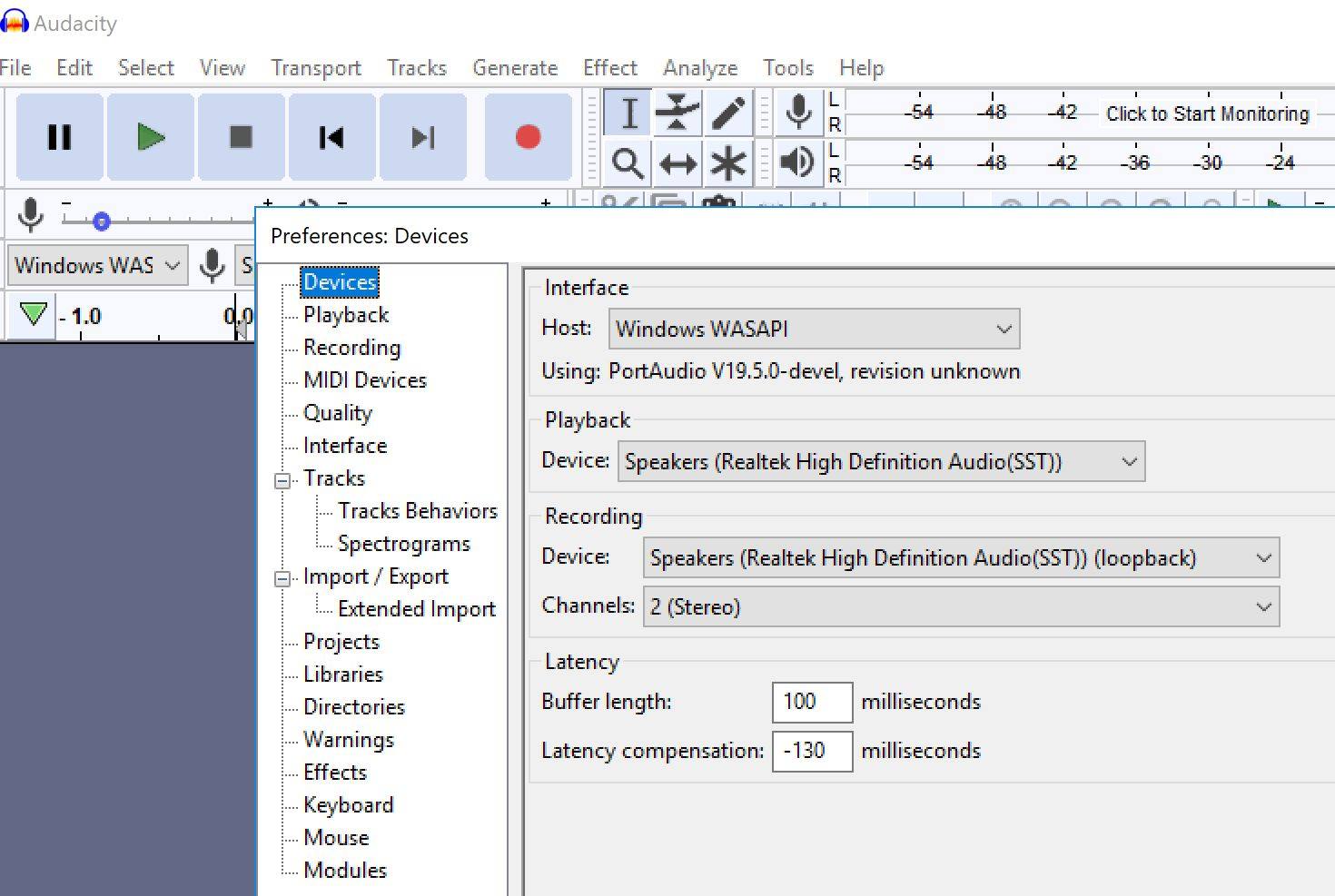
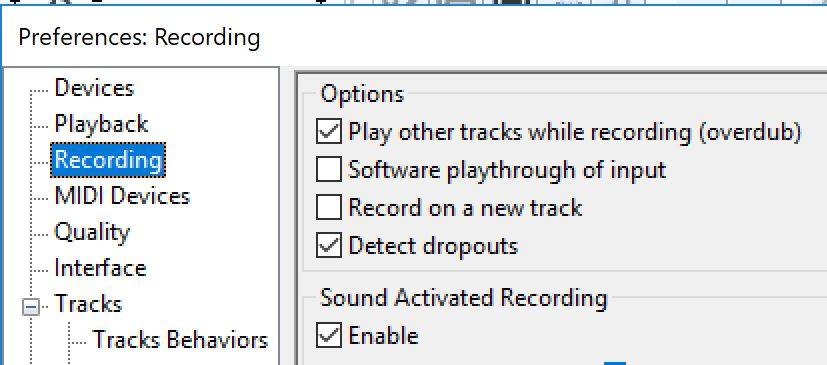

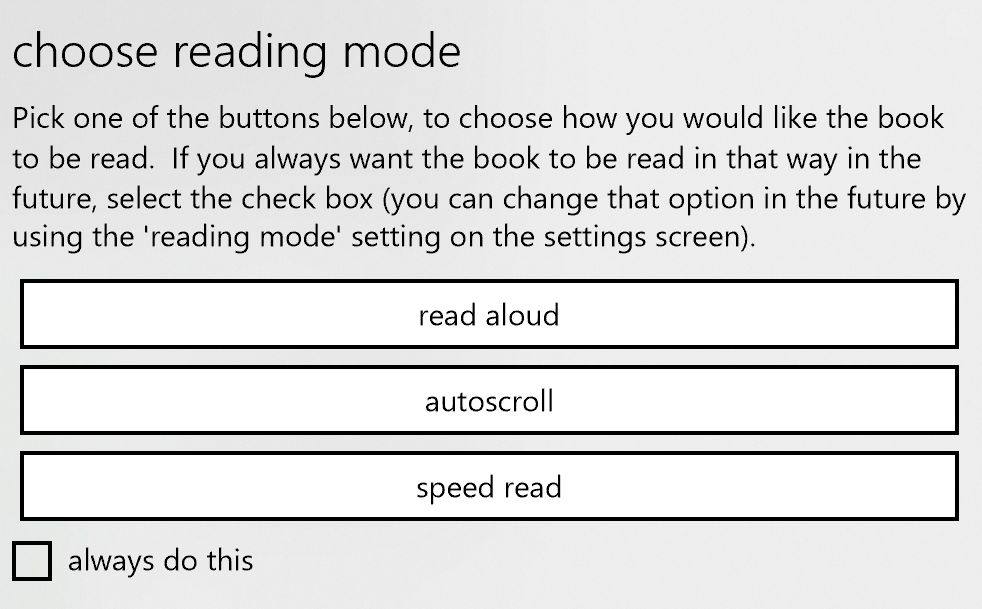
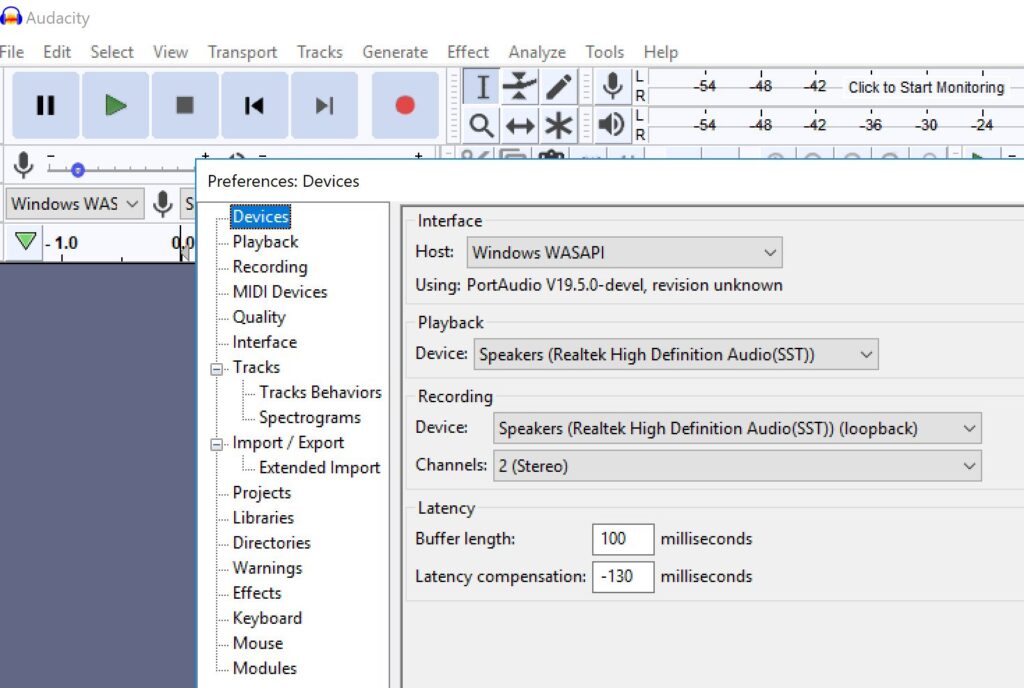
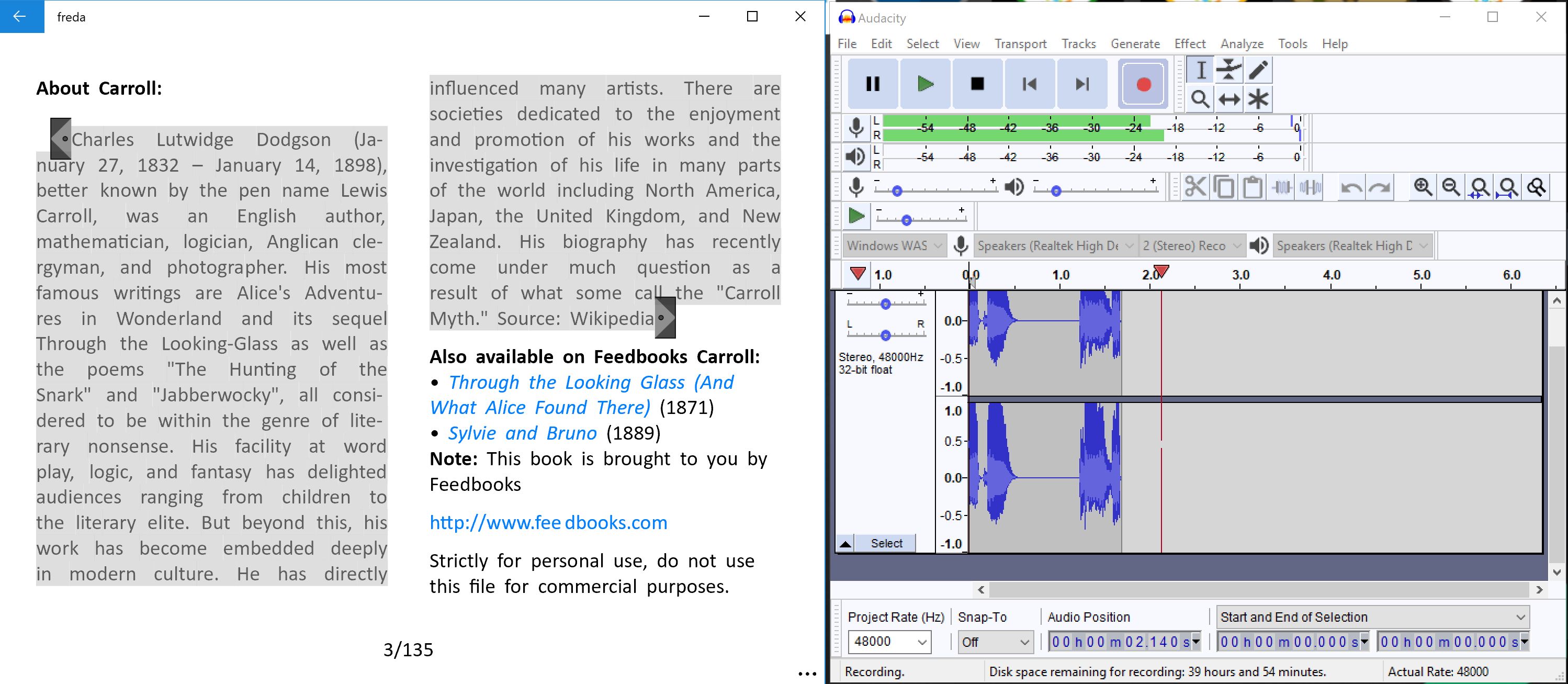
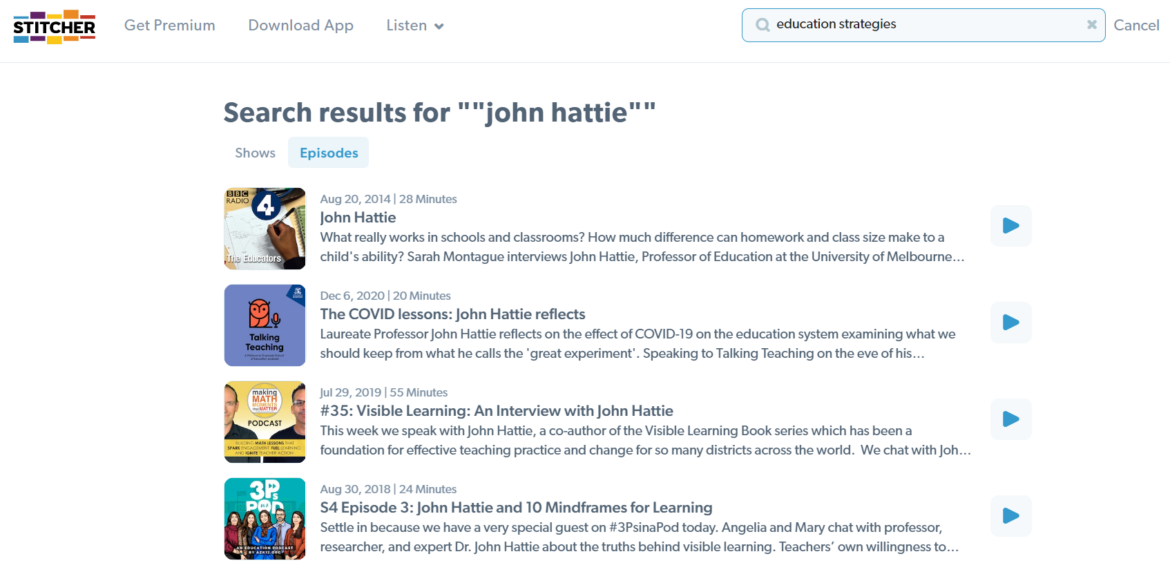
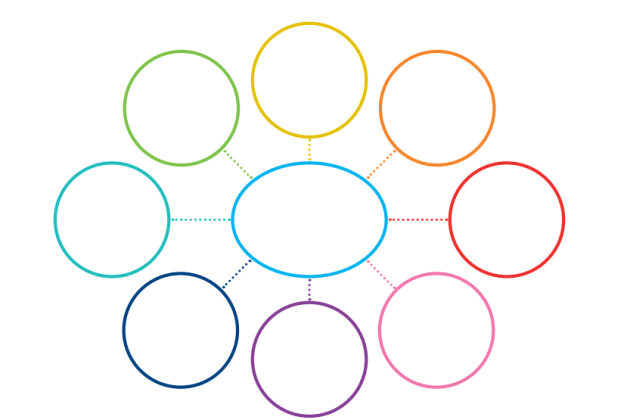
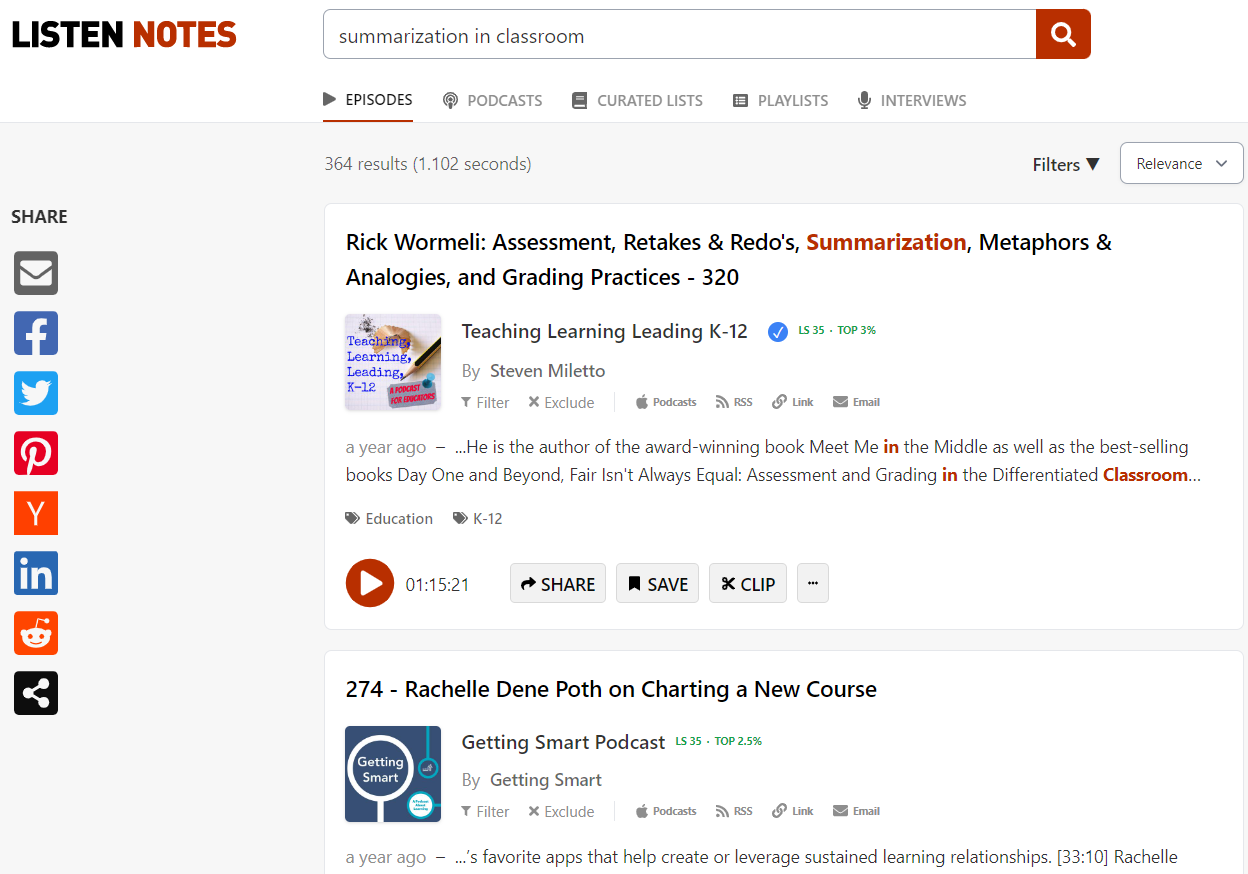
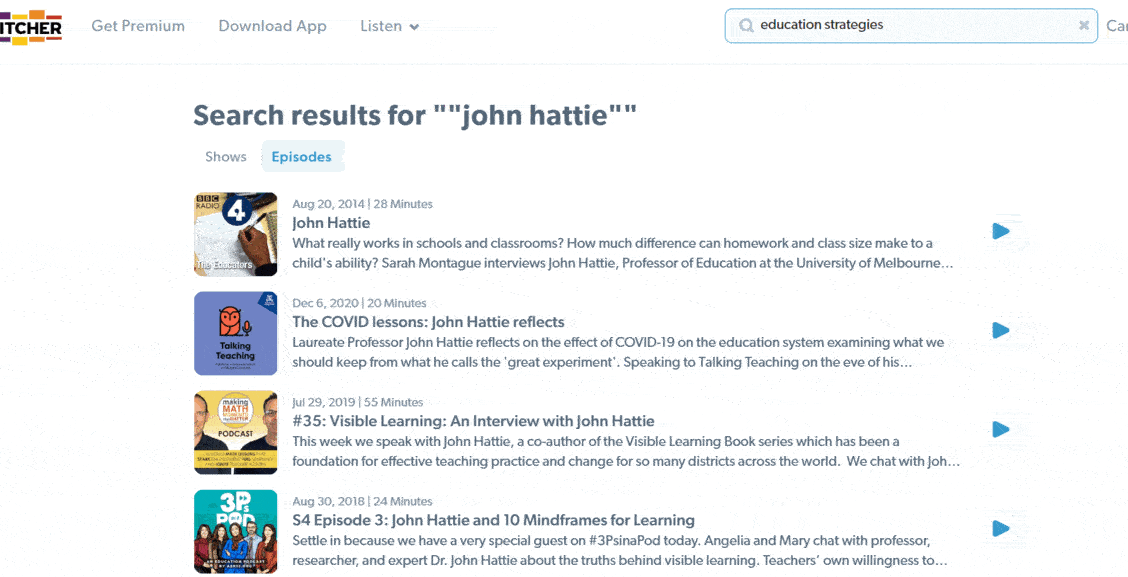
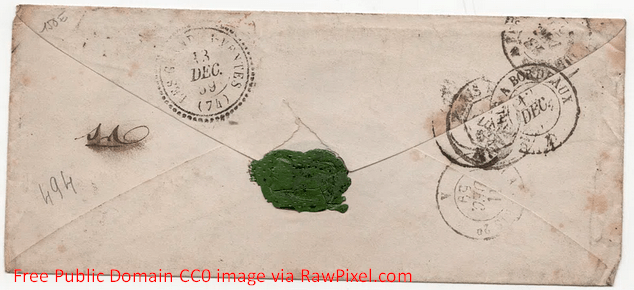
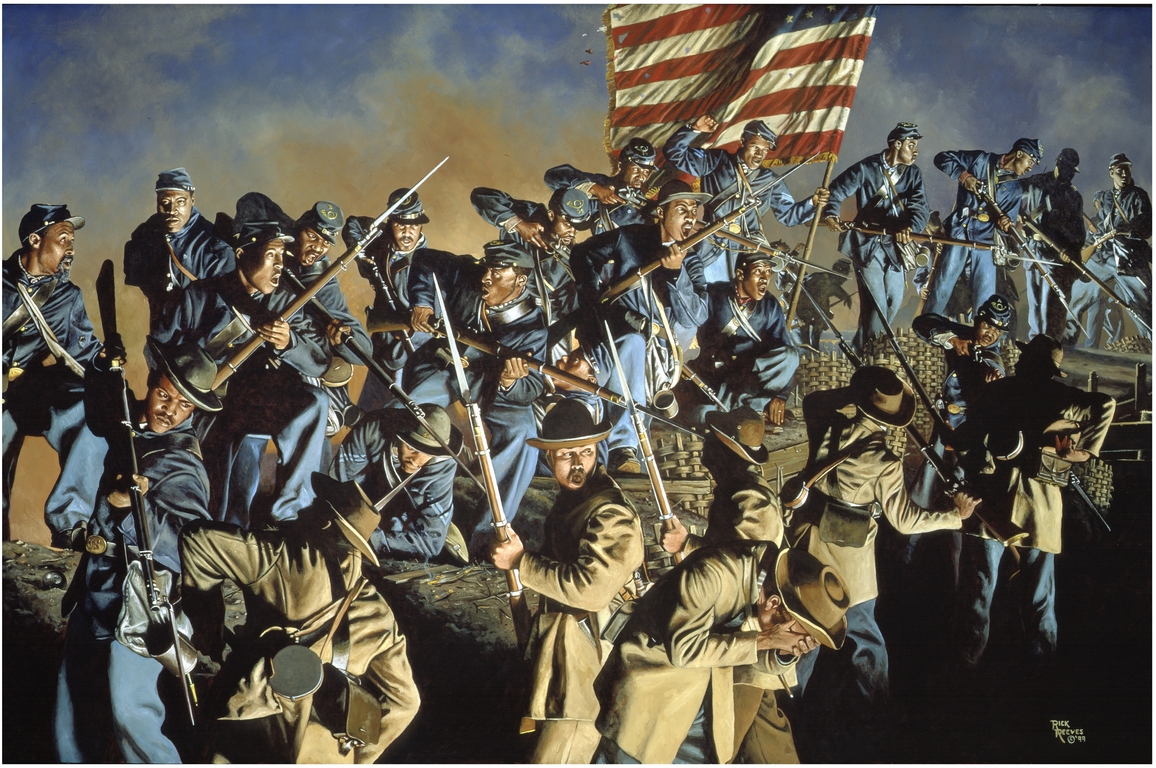

 American History Podcasts
American History Podcasts
